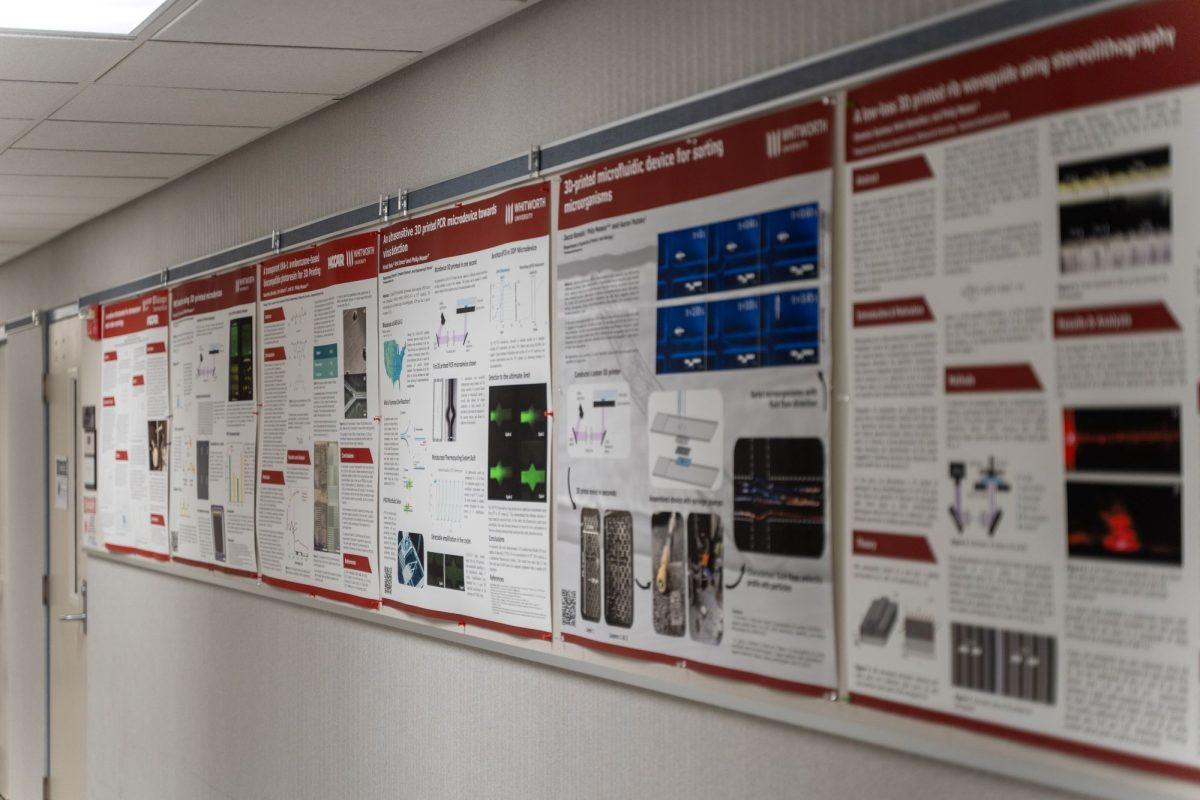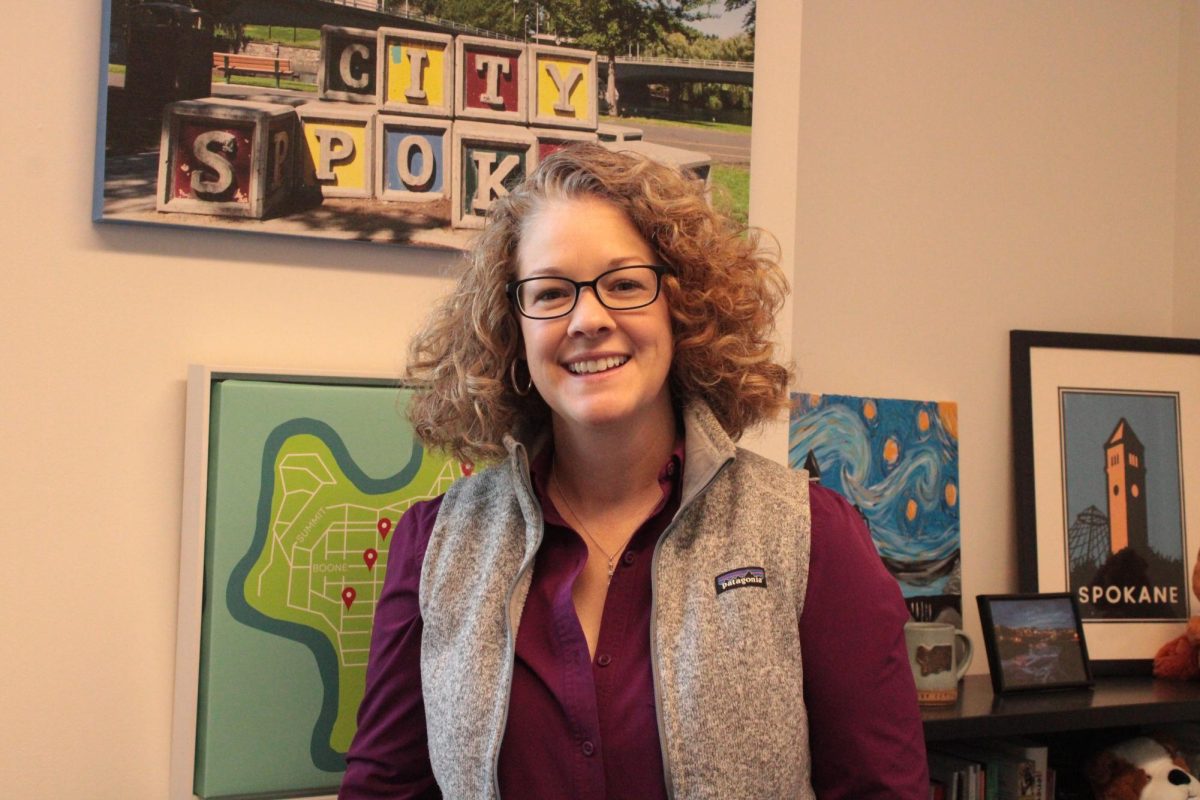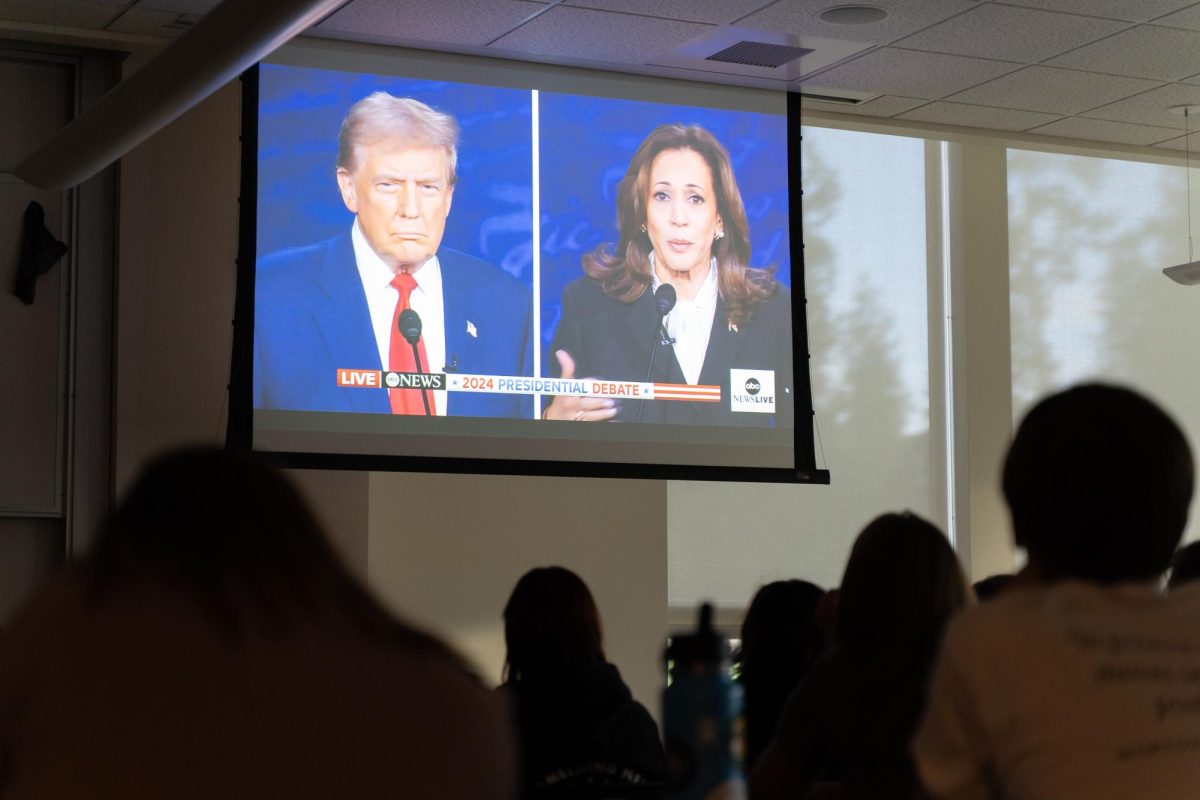By William Henke

According to the National Library of Medicine, “the brain development of infants (as well as their social, emotional and cognitive development) depends on a loving bond or attachment relationship with a primary caregiver, usually a parent.” But how do Whitworth University’s professor parents take the time off to do this while also teaching classes? There are a few levels of laws and policies on the federal, state and university levels that are put in place to help during this stage of life.
The first and broadest layer is known as the Family and Medical Leave Act (FMLA), which, according to its website, “allows up to 12 weeks of unpaid leave in 12 months for qualifying life events.” An interesting part of FMLA is that “if both individuals, both partners, are employed by the same organization, they can split that leave,” said Whitworth’s Associate Vice President and Chief of Human Resources Ariane Oglsebee.
This means that if two professors have a child, they would have to split their 12 weeks of bonding time instead of getting 12 weeks each. “It was a little disappointing that we weren’t both eligible to have leave,” said Dr. Bert Emerson, a professor in the English department who recently applied for bonding leave. Despite the challenges that his adoption and the 2020–21 academic year brought to Whitworth, Emerson is proud of what he and everybody at Whitworth were able to accomplish.
Whitworth’s policies are in compliance with federal and state laws; “our policy is, [that] we look at the nine months, not the 12 months, like the federal law does, so ours [is] going to be a little broader,” said Oglesbee. This means that instead of having to work at least half time (around 1,250 hours), a professor’s work year is only nine months long, which greatly reduces the number of work hours they need to qualify for leave. Additionally, Whitworth also changes the verbiage so that professors receive either 12 weeks or nine credit hours, whichever is greater, per year.
Fortunately, the issue of having to split time off is rare, with only one professorial and one faculty couple recently being impacted. The human resources department “couldn’t think of anything else beyond those two in the past three years,” said Oglesbee. Emerson informed the Faculty Economic Welfare Committee about his unique situation, which is “a mechanism that we have in place where faculty are represented and have some negotiation power with administration and HR,” said Emerson.

















